



Research program - NP III - Program 1 - Development of the national research-development system
Project type: Research projects to stimulate young independent teams
Neurophysiological markers of resilience in common mental health disorders
Financing contract NO. TE 126 ⁄ 2022, registration number UNATC 2178/03.06.2022 and UEFSICDI 1764/06.06.2022





The overarching goal of NEURESIL is to understand resilience mechanisms from a neurodevelopmental perspective by the means of measuring real-time electrophysiology during an exciting virtual reality experience (VR).

Prevention by training resilience is a promising strategy that attempts to lower the current socio-economic burden of stress-related mental health issues and could make a lasting impact on our evolving society.

As a first step towards this goal, it is necessary to identify robust neurophysiological markers of resilience during adolescence. We will investigate the interaction between multiple distinct factors of resilience: individual traits, behavior, brain activity, and hormones.

Miralena is a scientific researcher at CINETic, an Associate Professor at the University of Suceava & University of Bucharest, Psychology Faculty where she teaches methods in neuroscience, cognitive and clinical neuroscience, and psychopathology. During her Ph.D. and post-doctoral studies at the Functional Brain Mapping Lab, University of Geneva, she established gender-specific trajectories of brain development and early neurophysiological markers for genetically determined schizophrenia. More recently she investigated the underlying brain and spontaneous cognition correlates of mirroring behavior. Her core research interests are focused on neuronal-hormonal mechanisms of social cognition and stress resilience.

Postdoctoral Research Assistant
Alexandra is a post-doctoral research associate at CINETic with a double degree in Theatre and Psychology. During her Ph.D. she focused on performing artists` mental health and more recently investigated the beneficial effects of actor training interventions. Her broad research interests are in the social, psychological, and neurophysiological substrates of human interaction and artistic creation.

Doctoral Research Assistant
Alina is an assistant doctoral student at The Faculty of Psychology and Educational Sciences, University of Bucharest, and a licensed clinical psychologist and cognitive-behavioral psychotherapist with children and adolescents. She teaches scientific research methods, psychopathology, and cognitive strategies to optimize behavior as she investigates in her doctoral research the underlining cognitive bias of vulnerability to anxiety and depression. Her research interests are focused on the cognitive mechanisms in psychopathology, computer-based interventions in reducing anxiety disorders, emotional regulation strategies, and social interventions in autism spectrum disorder.

Doctoral Research Assistant
Ciprian is a research assistant and P.h.D at CINETic, UNATC, and co-founder of Augmented Space Agency, a studio for extended reality (XR) experiences and applied digital mediated interactions and augmentation technologies. His doctoral research is focused on set/scenographic design for interactive-immersive-augmented reality media technologies applied in visual and performative arts. Architect of virtual spaces, experience designer, and new-media artist, his research interests are focused on emerging new-media technologies and their technological impact on modern societies through new art forms and expressions, like the digital visual and performing arts.

Doctoral Research Assistant
Karina is a research assistant at UPB - the Politehnica of Bucharest and at CINETic, and a Ph.D. student at UPB. Her doctoral research focuses on the qualitative and quantitative measures of embodied presence in immersive environments. An experienced programmer, an artist, and neuroscience passionate, she finds her calling in the hybrid area of scientific research, visual arts, and graphical programming. Her research interests are on electrophysiological and behavioral correlates of immersion in virtual reality, for beneficial real-time VR applications.

Technological Research Assistant
Sabin is a developer and designer working in the field of Augmented Reality and Mixed Reality, together with his colleagues at Augmented Space Agency. He uses digital media to create innovative experiences that make these new forms of expression more accessible to everyone. His research interest is in the internet of things and has begun developing machine learning and deep neural networks in the context of gamified simulations and training scenarios for research.

Technological Research Assistant
Dan holds a background in architecture, product, and graphic design, he is also an XR software developer and interaction designer at Augmented Space Agency. He has experience in developing software solutions integrated with augmented and virtual reality, or other immersive and interactive environments. His research interest is to discover, explore and create novel experiences that make use of new media technologies and digital visual arts.

Master's Student Research Assistant
As a master's student of the Faculty of Electrical Engineering and a graduate of the Faculty of Medical Engineering undergraduate program. Fascinated by the intricacies of the human brain since a young age, she has consistently sought to unravel its mysteries. With extensive expertise in processing biomedical signals, Laura brings a wealth of knowledge and a unique perspective to her work. Her professional journey is characterized by a relentless pursuit of understanding and advancing the complexities of the brain, contributing significantly to medical engineering.

Volunteer Bachelor of Cognitive Science

Volunteer Bachelor of Cognitive Science

Volunteer Bachelor of Cognitive Science

Volunteer Bachelor of Cognitive Science

Volunteer Bachelor of Cognitive Science
EEG Microstates in Mood and Anxiety Disorders: A Meta-analysis
"EEG Microstates in Mood and Anxiety Disorders: A Meta-analysis" represents meta-analysis published within the framework of the project "Neurophysiological markers of resilience in common mental health disorders" – Special Issue EEG Microstate – Journal of Brain Topography (impact factor 2,7) - August 2024. The primary objective of this study was to thoroughly investigate the consistency of observed EEG microstate changes in patients with anxiety and depression. Aiming to gain a deeper understanding of potential shared neuro-dynamical mechanisms underlying mood and anxiety disorders we included almost 800 patients from 12 different publications. The results obtained show that EEG microstates consistently distinguish mood and anxiety impairments from the general population, both in patients and subclinical states. This meta-analysis holds profound implications on developign new treatment sollutions, and contributions to an explanatory mechanism elucidating the overlapping symptomatology observed in mood and anxiety disorders .
Miralena I. Tomescu, PhD participated on March 15, 2023 at the Brain Awareness Week event organized by the Laboratory of Clinical Cognitive Sciences and the Faculty of Psychology and Educational Sciences, University of Bucharest. The presentation explored why certain individuals felt overwhelmed during the unprecedented circumstances of the COVID-19 quarantine, while others viewed it as an opportunity for new projects. It suggested that resilience, the ability to adapt to adversity, trauma, tragedies, dangers, and natural disasters, may have played a role. Resilient individuals might have exhibited different neurohormonal reactivity to stress. The NEURESIL project aimed to identify stress responses and specific neural activity patterns associated with resilience, potentially leading to therapeutic interventions for common mental health disorders. PhD Miralena Tomescu covered literature related to the resilience concept and discussed practical implications.
Miralena I. Tomescu, Alexandra Sofonea and Cosmina Dutica participated to the 6th International Conference of Basic and Clinical Multimodal Imaging, which has healed in Istanbul, 3rd to 7th September. The BaCi conference is a prominent event that focuses on the latest research and advancements in the study of numerous neurological diseases, neurological perspectives on psychiatric diseases or different forms of addiction, and the latest discoveries on neuroimaging technology. Our team had a presentation on the results found on the paper "EEG Microstates in Mood and Anxiety Disorders: A Meta-Analysis". Another important contribution on the conference was the participation on the posters contest, in which we obtained the 1st Poster Prize.
Miralena I. Tomescu, PhD, Alexandra Sofonea and Alina C. Chivu, PhD candidate participated in the 3rd International Conference on Neuroscience in Bucharest on October 26. They presented their work titled "EEG Microstates in Mood and Anxiety Disorders: A Meta-Analysis". This conference, organized by the Romanian Academy – National Center for Brain Research in collaboration with the National Neuroscience Society of Romania, the Romanian Society for Automation and Technical Informatics, and the University of Bucharest, provided a platform for specialists in the field to engage with the findings of their meta-analysis.
STUDENT CONFERENCE – Suceava
Held in one of the most beautiful cities of Romania, in Suceava, the 5th edition of the Student Conference on Applied Research in Psychology and Educational Sciences has been a source of inspiration for the team of Neuresil! Olguta Barizi, Alexandru Bicu, and Cosmina Dutica got to share preliminary results from recent projects related to EEG microstates, but we also listened to other researchers and students who presented their works from a myriad of domains, such as emotional inteligence, stress, family psychology or technology. Consequently, the neuroscientific perspective that we came with has been complemented by the psychological and educational one, so that each participant could leave the 2-day conference with some new ideas and insights regarding all these subjects. This conference has been a chance for connecting with other people interested in the scientific path, but in the end it was also a chance to know more things about each other so that we can work even better together!
Participate
We are looking for resilient children and teens that would be interested to participate in our study.